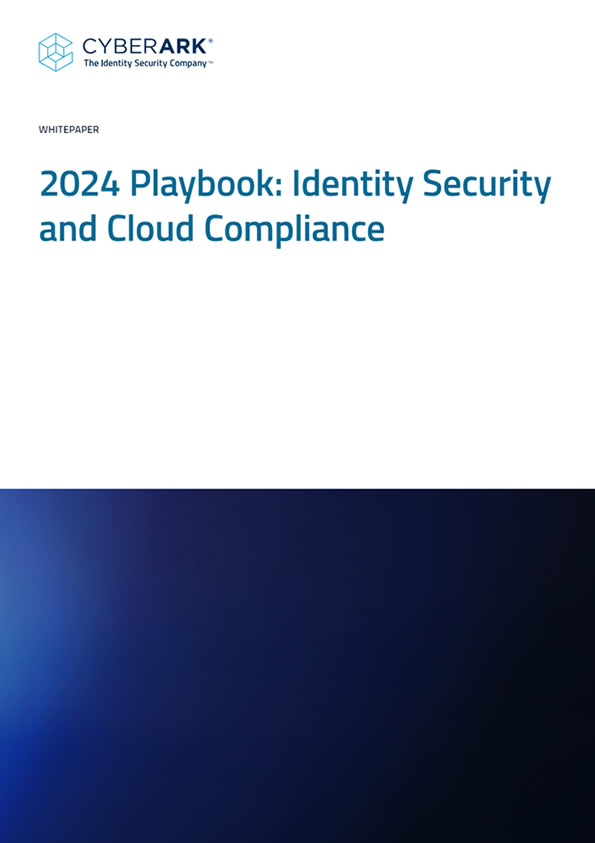Explore the ins and outs of New York State’s new cybersecurity regulations, what they mean for businesses, and how they set a new standard for data protection in the digital age.
The Dawn of a New Cybersecurity Era in New York
In response to the ever-growing threat of cyberattacks, New York State has implemented a set of trailblazing cybersecurity regulations that redefine the landscape for data protection. These new rules require businesses operating within the state to adopt stringent security measures, addressing a wide array of concerns from employee training to incident response plans.
The new regulations, officially known as the New York State Department of Financial Services (NYDFS) Cybersecurity Requirements for Financial Services Companies (23 NYCRR 500), apply to all businesses operating under NYDFS supervision. Key provisions include:
- Regular risk assessments to identify and evaluate potential vulnerabilities.
- Implementation of multi-factor authentication for accessing sensitive data.
- Appointment of a Chief Information Security Officer (CISO) to oversee cybersecurity efforts.
- Mandatory cybersecurity awareness training for all employees.
- Establishment of an incident response plan to address potential cyberattacks.
These trailblazing regulations not only elevate the cybersecurity standards in New York State but also serve as a model for other jurisdictions to follow. By mandating robust security measures, the state aims to protect businesses, their customers, and the broader financial ecosystem from the severe consequences of cyberattacks.
While some businesses may initially struggle with the cost and complexity of compliance, the long-term benefits of adopting rigorous cybersecurity measures cannot be overstated. Implementing the new regulations will ultimately help organisations better protect their data, maintain consumer trust, and secure their position in the rapidly evolving digital landscape.
New York State’s innovative cybersecurity regulations usher in a new era of data protection, setting a precedent for other states and countries to follow. As businesses adapt to these new requirements, they will not only ensure their own security but contribute to building a safer, more resilient digital ecosystem for all.











